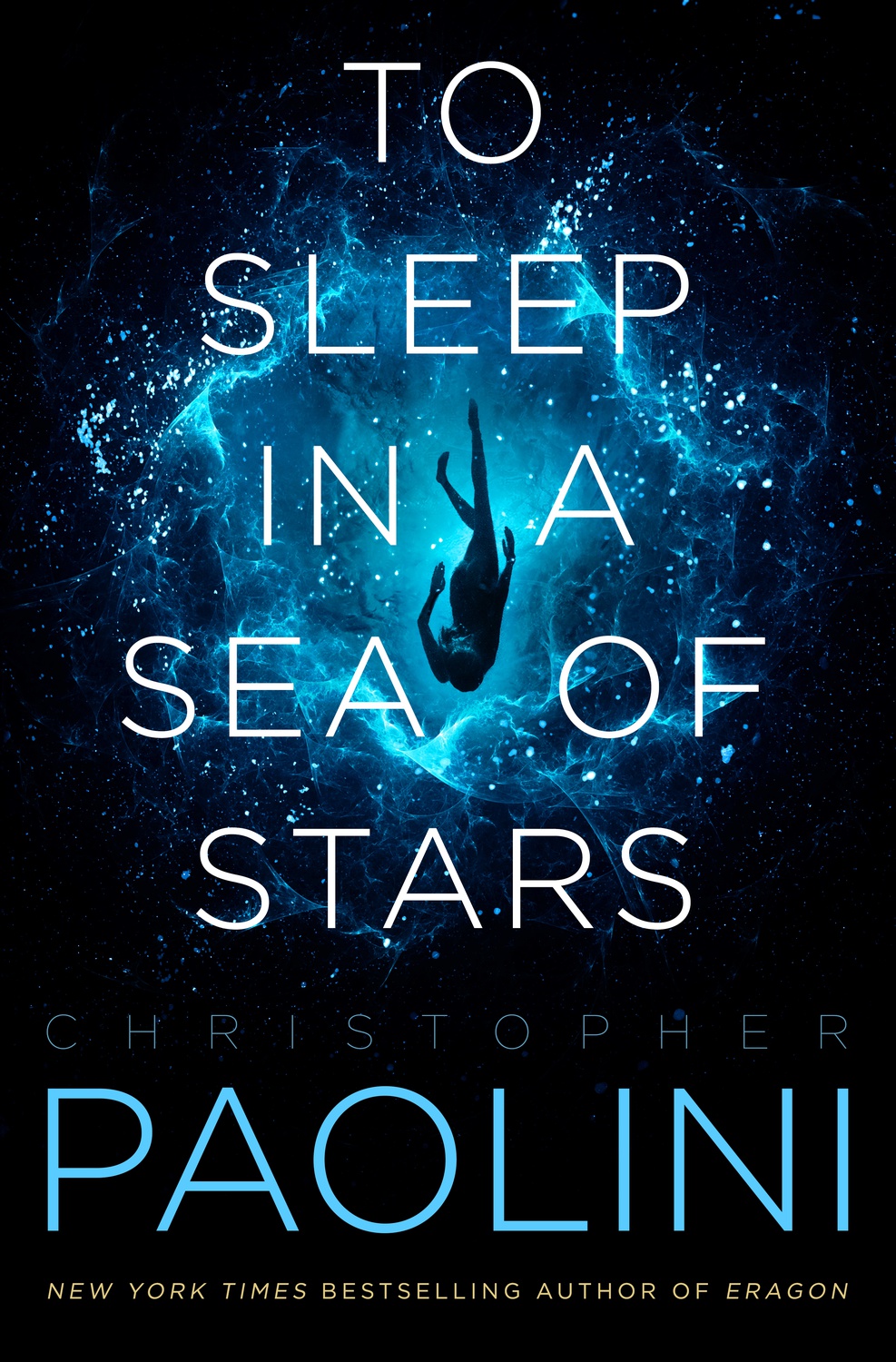
News
Summers Will Not Finish Semester of Teaching as Harvard Investigates Epstein Ties

News
Harvard College Students Report Favoring Divestment from Israel in HUA Survey

News
‘He Should Resign’: Harvard Undergrads Take Hard Line Against Summers Over Epstein Scandal

News
Harvard To Launch New Investigation Into Epstein’s Ties to Summers, Other University Affiliates

News
Harvard Students To Vote on Divestment From Israel in Inaugural HUA Election Survey
‘To Sleep in a Sea of Stars’ is an Action-Packed, Otherworldly Adventure’
3.5 Stars

“To Sleep in a Sea of Stars,” the first adult book of YA genre powerhouse Christopher Paolini (author of the “Eragon” series), is a captivating tale of space exploration, human curiosity, and love in its many forms. This epic adventure follows xenobiologist Kira Navárez, who on a routine survey mission makes an alien discovery that leads to the loss of her team. Stranded in space, Kira teams up with a band of unlikely heroes to save the universe from interstellar war with her new alien technology. The novel follows her journey through the galaxies to find answers, battle enemies, and facilitate peace in the known (and unknown) universe.
One of the standout features of this novel is the detail and care that Paolini puts into the world of the novel. This is a futuristic sci-fi, which takes place some 200-plus years in the future, with highly advanced technology. Paolini expertly toes the line between accessibility and specificity. There are no questions left unanswered in regards to the technology and science in the novel, and Paolini even delves into the oft-ignored questions of fantasy and science fiction, such as how sickness and menstruation work among the stars. To aid the reader in gaining absolute clarity, Paolini even includes an appendix of all the jargon and unfamiliar terms used in the novel. Additionally, the chapters are broken up by maps of space to contextualize the vastness of the settings this novel explores.
The novel also explores the idea of human contact with alien species. “To Sleep in a Sea of Stars” approaches this common exploration with a unique perspective. Paolini raises questions about values, societies, and duty in order to extrapolate what makes humanity special. Paolini also does so in a way that satiates the curiosities of the audience. The protagonists make a total effort to understand the aliens, giving the reader interesting context about these unfamiliar creatures and providing a refreshing take on this pocket of the science fiction genre.
The sheer gravity and reach of this novel’s conflict is grounded by the story’s compelling characters. There is a dynamic ensemble cast, viewed through the third-person perspective of the central character, Kira. Kira herself is a nuanced character, and her growth throughout the novel is well-plotted and riveting. Readers follow along as Kira develops her individual connections with each of her newly found crew of the novel, and though their arcs are not as prominent as Kira’s, each character is engrossing all the same. Despite each character’s flaws, the ragtag team of space adventurers is well worth rooting for.
The downside of this intricately-crafted novel is that though the plot itself is fast-paced, the writing of the novel can be heavy and a little difficult to parse through. This weightiness happens mostly at the beginning of the novel, when the reader is still getting accustomed to the rules of this futuristic world. Once passing this learning curve, the speed of the novel picks up notably, and it’s easy to forget that “To Sleep in a Sea of Stars” is over 800 pages long.
Generally speaking, the novel keeps readers on the edge of their seats with plot twists and turns. Though surprising, these curveballs work well in the world of the novel and none seem unreasonable or like they come out of absolutely nowhere. That said, the ending of the novel felt a little too aloof and neat in relationship with the rest of the novel. While the ending is not wholly unsatisfying, it does pale in comparison to the rest of the flow of the novel.
Despite the ending, “To Sleep in a Sea of Stars” is a thrilling read with powerful prose, a beautifully crafted and innovative universe, and larger than-life-themes focused through fascinating characters. Paolini skillfully wields his writing to fully encapsulate the several-star systems this book spans.
Want to keep up with breaking news? Subscribe to our email newsletter.
